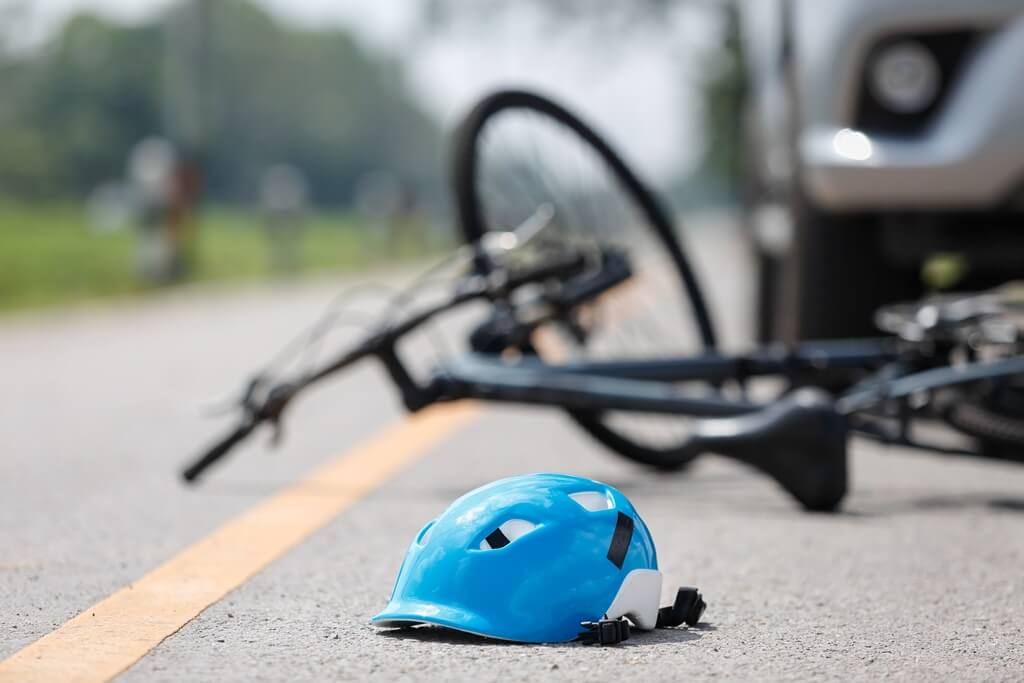Traumatic Brain Injury (TBI)/ Concussion
About Concussion
Physical injury to the head, as a result of falls and accidents, during sports activities and during combat, can result in concussion — or mild traumatic brain injuries (TBIs). Short-lived symptoms include headaches, dizziness, and confusion, but primary methods to diagnose concussion are generally subjective and can be unreliable, especially when baseline data is not available. Doctors and paramedics currently use symptom scales and neurocognitive tests to assess patients and diagnose concussions.
The RapidDx Device for Concussion
RapidDx is developing a device that will quickly and accurately measure the presence of biomarkers in the saliva. These molecules are released from cranial nerves in the oropharynx within minutes of head impact.
This device will be an over-the-counter product that can be kept in a first aid kit at home or at the clinician’s office, a handbag, or a car to enable a rapid response to falls, vehicle accidents, sports injuries, and other traumatic events.
Facts about
Concussion
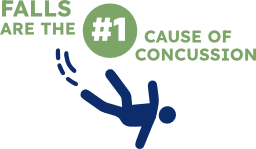
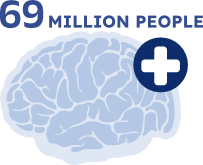
69 million people worldwide will suffer a TBI/concussion each year
Among children, most concussions happen on the playground, while bike riding or playing sports

Between 1.7 and 3 million sports and recreation-related concussions happen each year in the U.S.
Half of these go undetected
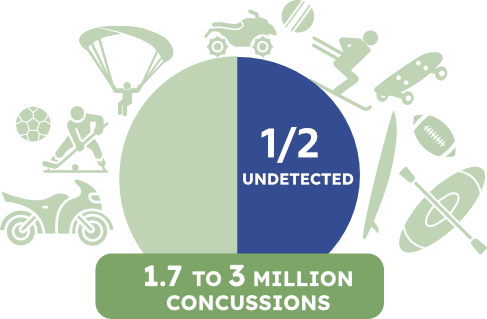
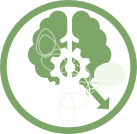
Long-term effects include problems with cognition, communication, and behavior
Complications of TBI include seizures, nerve damage, blood clots, stroke, coma and brain infections

One or more TBIs may increase the likelihood of Alzheimer’s and Parkinson’s
Source: National Library of Medicine
